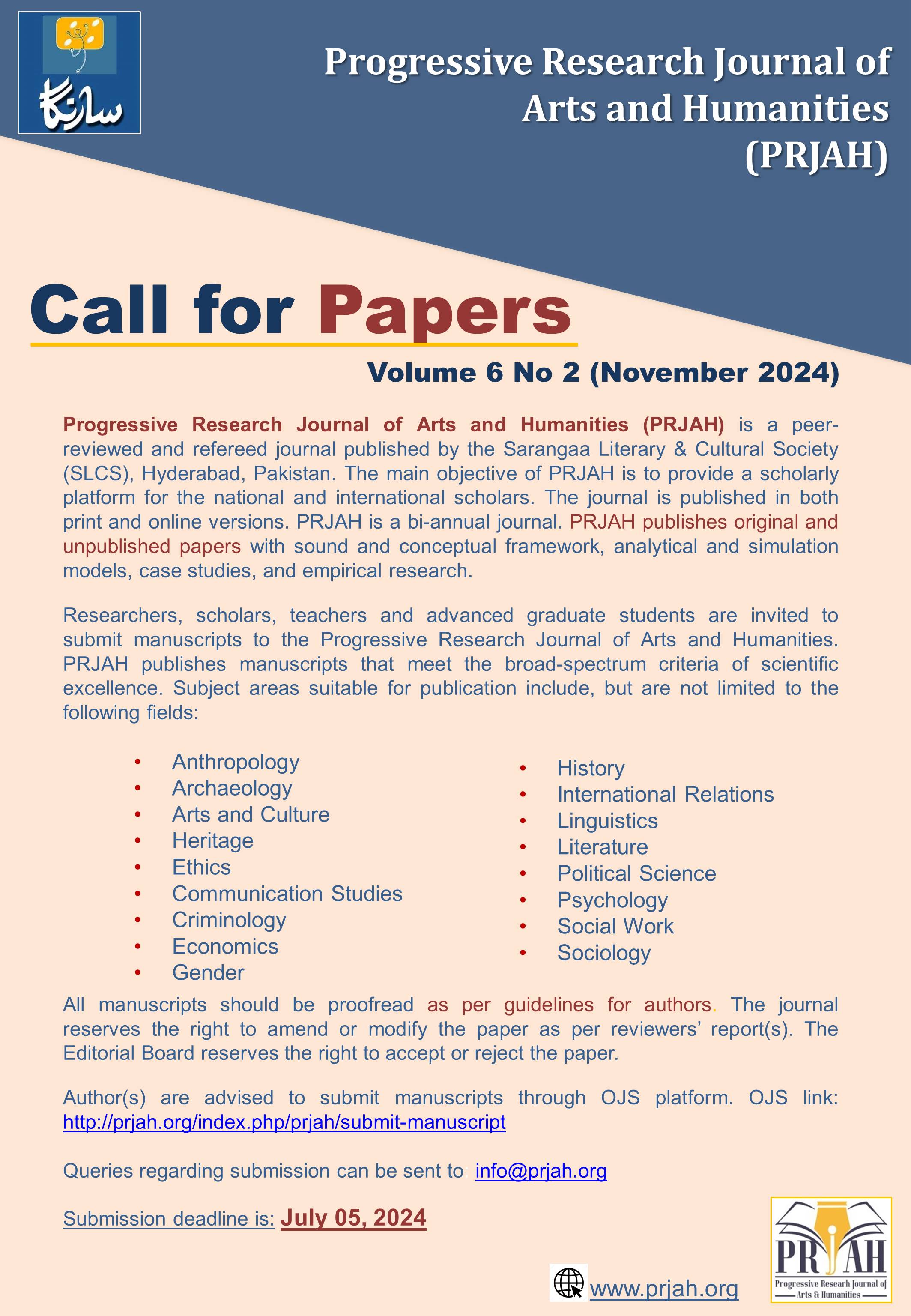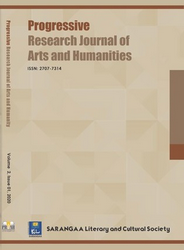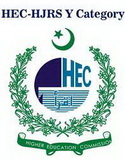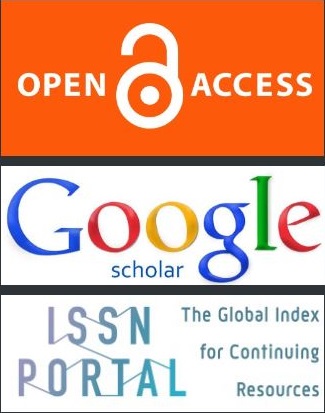Identity Construction through Cultural Heritage of Folklore
DOI:
https://doi.org/10.51872/prjah.vol3.Iss1.81Keywords:
Folklore; Quest; Identity; Hermeneutic; Interpretive; Qualitative, CultureAbstract
The great diversity in Pakistani folklore is evident from the distinguished variety of cultural folk assets of each province of Pakistan. The current paper explores and analyses the most popular folklores, in the genres of both prose and poetry from the perspective of quest for identity. The paper tries to find out the answer to the question if Pakistani cultural heritage of oral tradition i.e., folklores have quest for identity or go beyond that. The paper also explores the motives behind the search for identity. The translated folklores are then analyzed qualitatively using interpretive method, particularly through the perspective of hermeneutic-interpretive research based on performance theory of folklores. Hermeneutic-interpretive research technique is chosen here because the folklores are based on the ideological and cultural traditions of a specific region, and the proper understanding requires the study in the specific relevant domain of hermeneutics. This research is important for the propagation, preservation and revival of Pakistani culture as presented through folklores. This research aims at developing the interest and draw the attention of researchers on cultures and traditions to revive and enliven the richness and fertility of varieties in Pakistani culture







